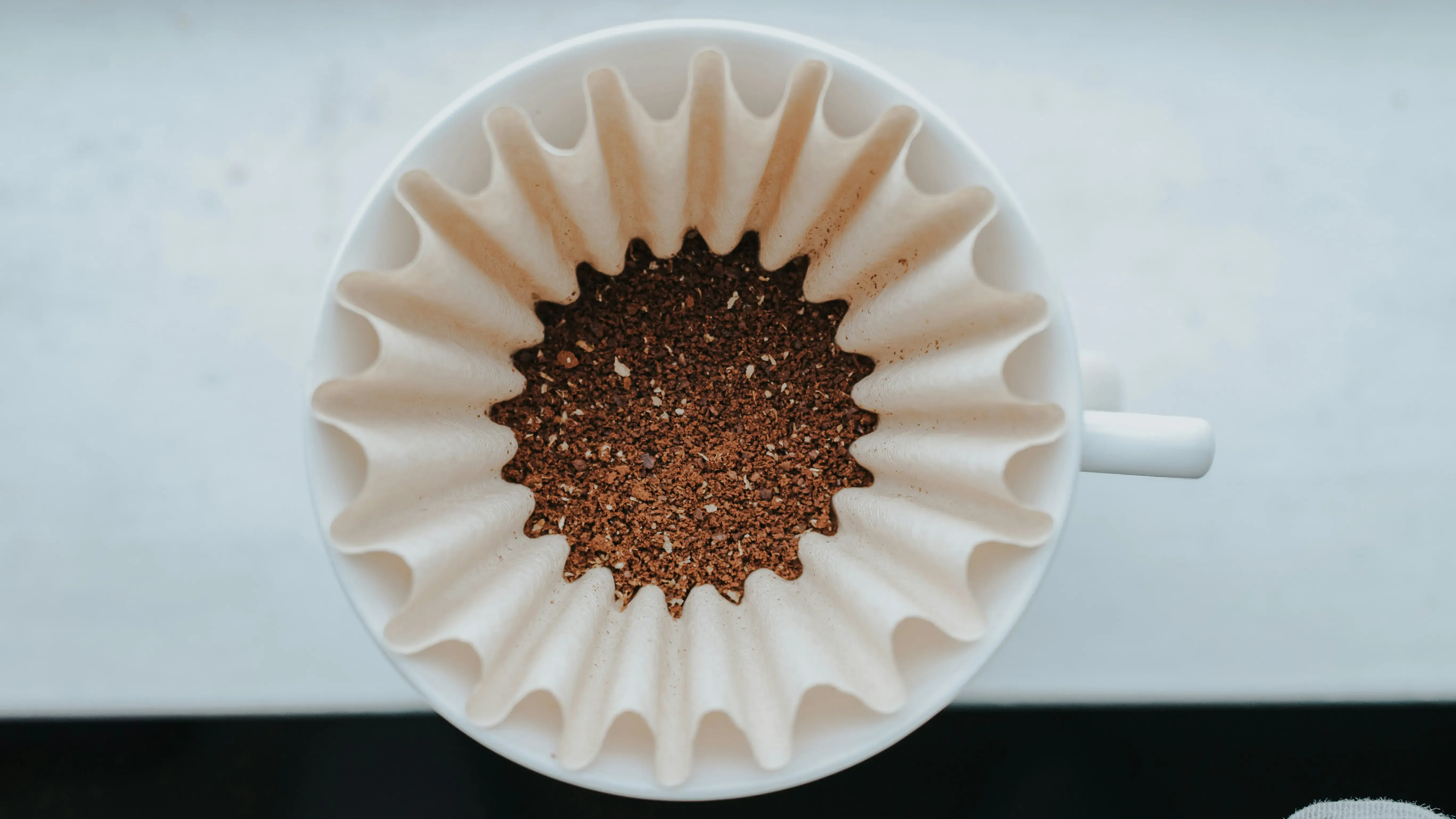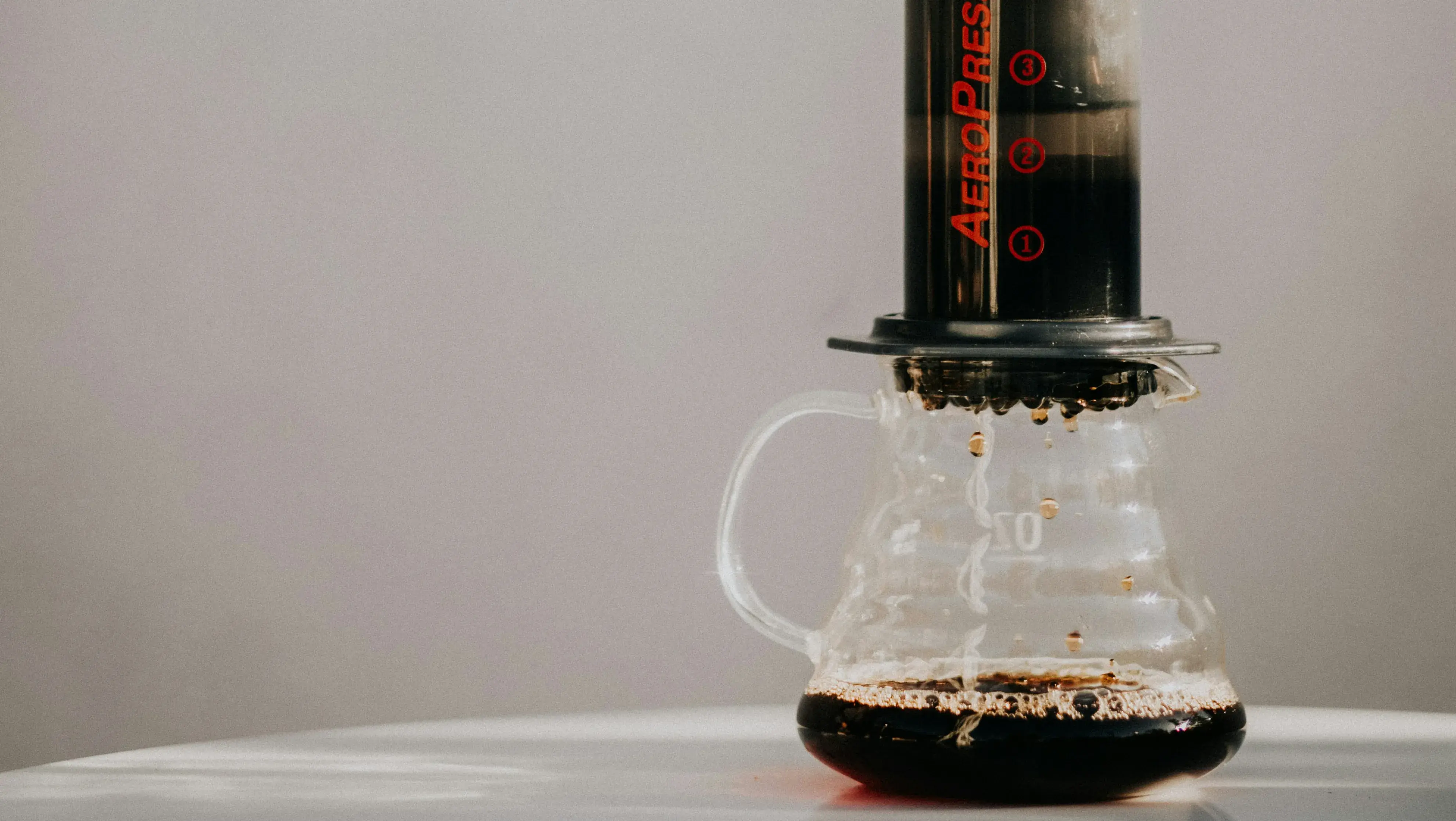Drip and Immersion Coffee Brewing Methods
ApplyAt a glance
Qualification:
Certificate of attendance
Start:
continuously
Duration:
15-20 hours study time in 4 weeks (online), more details about the implementation
Costs:
CHF 600.00
Comment on costs:
Registration includes link/password to the online learning platform (Moodle), 45 minute webinar incl. Q&A with course instructor, access to a virtual forum to ask your questions to the course instructor and get in touch with other course participants, downloadable material, course confirmation, access to alumni events of the ZHAW Coffee Excellence Center.
Location:
Online
Language of instruction:
English
This continuing education course (WBK) is an excerpt of the graduate certificate programme CAS in Coffee Excellence but can also be attended independently of the CAS. A discount is offered, if participants decide to continue with the full programme.
A continuing education course in coffee (WBK) is a deep dive into a specific coffee topic. With these courses you gain scientific knowledge and insights into latest research results.
Objectives and content
Target audience
This short course is for coffee professionals and ambitious coffee enthusiasts worldwide who:
- double down on science to understand drip and immersion.
- are experienced brewers and wish to extend their expertise to include water quality, grinding and particle size distribution, flow dynamics, filters, and the sensory impact of the various parameters on the cup.
- are interested in taking the CAS in Coffee Excellence but missed the registration deadline, or still need help deciding if the full course is suitable.
- are interested in the following coffee topics: Extraction efficiency, brew ratio versus beverage ratio and their relation to Liquid retention ratio (LRR), universal brewing control chart, flow rate, agitation, water for brewing, brewing machines, immersion brewing methods, conducting a scientific study, and reproducible brewing methods.
Objectives
- Acquire in-depth knowledge on all aspects of drip and immersion brewing methods including different extraction methods, brewing control chart and beverage ratio, dripper types and their effects on extraction, and how to set up reproducible brewing methods.
- Learn with hands-on exercises at home.
- Learn in a remote and flexible course format suitable for professionals.
- Develop critical thinking skills to examine various facets of coffee brewing methods based on scientific know-how.
- Integrate knowledge on coffee brewing methods into your professional context.
Content
Lesson 1: Introduction to Drip and Immersion
In this lesson, we explore drip and immersion methods and their place in the brewing control chart. We examine extraction dynamics, comparing drip and immersion techniques. Additionally, we discuss the calculation of extraction yield and the relationship between brewing ratio, beverage ratio, and liquid-retention ratio. Key questions we address include: How do extraction processes vary between drip and immersion methods? What are the typical TDS and brewing times for filter coffee? What are suitable grind sizes and particle size distribution? What is an optimal water composition for brewing?
Lesson 2: Dripper and Filter paper
This lesson provides an overview of the key influencing factors in brewing systems, focusing on drippers and filter papers. We explore how various designs impact extraction dynamics and the characteristics of the brewed cup, addressing two key questions: How does dripper geometry affect extraction? What factors should be considered when selecting the material for the filter holder?
Lesson 3: Water for Brewing
In this lesson, you will discover how varying water temperatures affect extraction and discuss the importance of pouring technique. Specifically, we will focus on how pouring speed and height influence the evenness and efficiency of extraction by affecting flow rate and wetting depth of the coffee bed. Key questions include: What parameters can be adjusted to improve extraction quality, and what effects do these adjustments have?
Lesson 4: Brewing Machines
This lesson provides an overview of brewing systems suitable for both home and commercial settings. It explains the essential components of a brewer and offers insights into their usage. We present various popular brewing machine designs and discuss their features and limitations. Key question: What are the strengths and weaknesses of drip coffee machines? What beverage amounts can be prepared?
Lesson 5: Immersion and Hybrid Methods
This lesson will offer insights into immersion and hybrid methods such as cold brew coffee, Aeropress, Syphon and Turkish coffee making, as well as cupping. We address key questions including: How does immersion differ from drip coffee? What alternative brew methods exist besides drip and immersion? What strength of coffee is typically brewed using an Aeropress?
Lesson 6: Case Study on Filter Methods
In this lesson, you will gain an insight into how a scientific study is structured and conducted to achieve reproducible results. We explain our methodology for benchmarking various manual pourover systems and explore the sensory aspects of filter coffee, and our sensory analysis. We will present results from our benchmark study, including physical, chemical, and sensory analyses. Key questions we will explore are: How can you integrate brewing aspects like grinding and cup quality into a single protocol? What methods exist to measure and evaluate brewed coffee quality?
Conclusion and Quiz
Other courses you may be interested in:
-
Food / Environment / Life…
CAS in Coffee Excellence
CAS (15 ECTS)
Delve into the science of coffee. This online learning course takes you from crop to cup, exploring the scientific…
-
Food / Environment / Life…
Post-harvest Processing in Coffee
WBK
Are you interested in how coffee processing impacts flavor and quality? Do you need an overview and a solid…
-
Food / Environment / Life…
Coffee Capsules: Science, Technology, and Innovation
WBK
In this course, you‘ll learn how beans are transformed and packaged into capsules, exploring the processes and…
Methodology
This course is delivered in a self-study format which includes:
- Reading slides, including tutorial and learning videos.
- 45 minute-Webinar with your course instructor Dr. Marco Wellinger.
- Sources and links for further reading material.
- Mini-Essay and reflective questions, hands-on assignments and session quiz to learn and test your knowledge.
- Personalized feedback and support.
- Online Learning Platform (Moodle) to interact with other participants.
- Interactive discussion forum for questions that will be answered by the expert.
Assessment
Session Quiz (online, multiple choice)
More details about the implementation
Course dates and registration deadlines 2024:
- 15 August - 12 September 2024 / Webinar Wednesday, 9 October, 2024 15.00 – 15.45 pm CET* / Registration deadline on 8 August 2024.
- 12 September - 10 October 2024* / Webinar Wednesday, 9 October, 2024 15.00 – 15.45 pm CET* / Registration deadline on 5 September 2024.
- 24 October - 24 November 2024* / Webinar Wednesday, 11 December, 2024 15.00 – 15.45 pm CET* / Registration deadline on 21 October 2024.
- 14 November - 15 December 2024* / Webinar Wednesday, 11 December, 2024 15.00 – 15.45 pm CET* / Registration deadline on 7 November 2024.
- 16 January - 16 February 2025* / Webinar Tuesday, 28 January 15.00 – 15.45 pm CET* / Registration deadline on 9 January 2025.
*Central European Time (Switzerland). If you are unable to attend on the specified date, you may choose to attend on an alternative date from another course. Additionally, the webinar will be recorded and made available for later viewing.
Equipment list:
- V60 Dripper (and/or dripper of your choice)
- Filter paper
- Coffee for brewing (1*20 g / 1*50 g / 1*20 g)
- Temperature variable kettle
- Grinder (for medium-coarse grind)
- Scale with resolution of 0.1
- Timer/Stopwatch
- 3-4 identical cups of 180-240ml volume
- Cupping spoon
- 500 g Ice
Enquiries and contact
Provider
Institute of Chemistry and Biotechnology
Instructors
- Team of the Coffee Excellence Center ZHAW Wädenswil.
Application
General terms and conditions
General terms and conditions for continuing education courses
| Start | Application deadline | Registration link |
|---|---|---|
| continuously | continuously | New course dates available soon |



